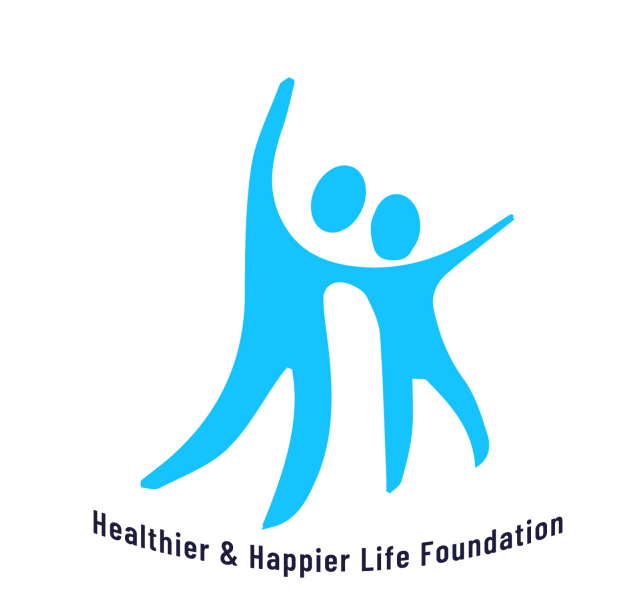Healthier & Happier Life Foundation (HHLF) is a registered not-for-profit organization aimed at promoting preventive medicine, advocating for quality healthcare and equity in access to good health. HHLF is composed of experts from a wide range of backgrounds with great wealth of ideas, wisdom, insights and experience to the success of its mission. Our vision is to build sustainable healthier and happier lives in Africa. HHLF believes that by bringing health to the people through innovative strategies and building individual, community and organizational/institutional capacities will not only prevent death but reduce economic, physical, social and psychological burdens that come with ill health and thereby improving quality of life.
Our current nationwide project on cervical cancer responds to a real need not only in Ghana but globally. Globally, cervical cancer remains the fourth most frequent cancer in women. Estimated 90% of deaths from cervical cancer however occur in low-and-middle-income countries (LMICs). It is the second most frequent cancer among women in Africa. In Ghana, it is the first leading cause of female cancer deaths although being the second leading cause of female cancer. Every year, more than 3,000 women are diagnosed of cervical cancer and more than 2,000 die from it in Ghana with mortality rate of 67.2%. Compounding this is the younger age at which the disease develops coupled with late-stage of presentation and the increasing rate of the major risk factors. However, it does not only cause death but also psychosocial and physical burdens, decrease / loss of productivity at workplaces, diminish resources within families and burden society and health system. Despite these burdens, there exists no national screening nor vaccination programs to reduce its burden in most resource limited countries. Moreover, there is lack of awareness of the disease and the prevention and treatment methods among these women and the general population.
Although cervical cancer remains a highly preventable disease, strides seen in high income countries (HICs) have not been mirrored in LMICs. Strategies from wealthy countries cannot be fully implemented due to many constraints including cultural, socioeconomic and sociodemographic barriers. World Health Organization recommends vaccination, screening and treatment to improve control or prevention of the disease. However, this can only be achieved when individuals, communities and organizations become aware of the disease and are empowered enough to act. To achieve this in a culturally diverse country, we decide to infuse arts into science by using theatre for development/education (drama, community participatory programs, peer educator programs, educational programs) and audiovisuals in order to help break cultural, language, educational and socioeconomic barriers to the prevention, early diagnosis and treatment of the disease.
To make maximum impact, we collaborate with various organizations and individuals including policy makers, government, non-governmental organizations (local and foreign), clinicians and patient advocates to create awareness, advocate for policy and build cervical healthcare capacity. In alignment with this successful model, HHLF is currently partnering Members of Parliament (MPs) of the various constituencies in Ghana. To ensure sustainability, each MP is to train a trainer of trainee nurses by our partner organization: Cervical Cancer Prevention Centre at the Battor Catholic Hospital for districts hospitals in each of these constituencies. We believe that our model of theatre for development through a comprehensive theory of change can be extended to develop functional sustainable programs in cervical cancer diagnosis, treatment, palliation and HPV vaccination in developing countries.
